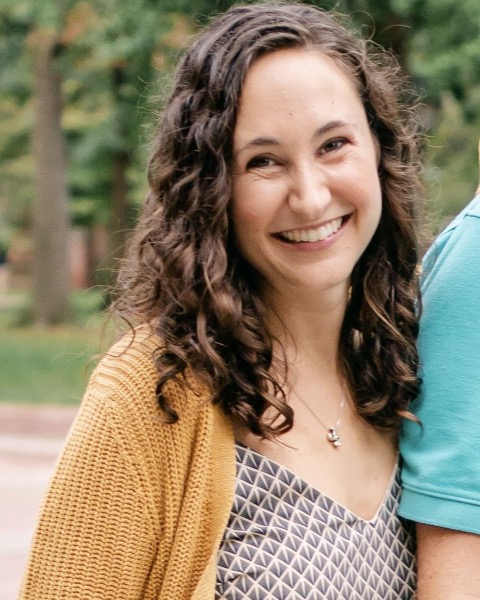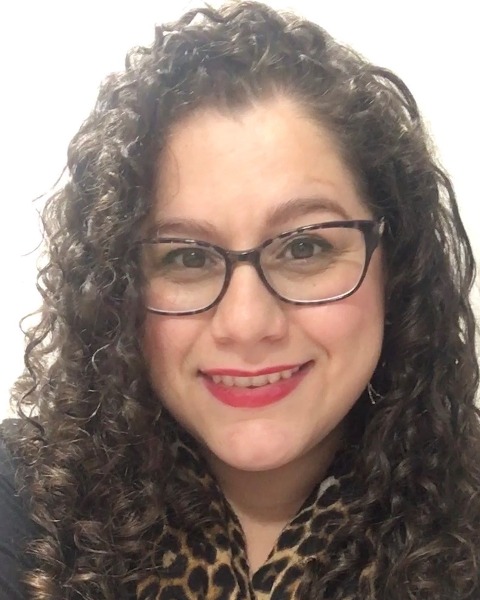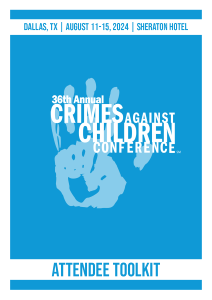Back
Case Study
Sheraton Hotel - 4th Floor
Maximizing Interpreter Use in Forensic Interviews
Tuesday, August 13, 2024
12:00 PM – 1:15 PM CT
Location: City View 7
Credit Hours: 1.25

Jillian Shainman
Forensic Interviewer
Philadelphia Children's Alliance
Carolina Castaño (she/her/hers)
Lead Bilingual Forensic Interview Specialist
Philadelphia Children's Alliance
Primary Presenter(s)
Co-Presenter(s)
This session will be a case-study, in which we discuss two separate forensic interviews that were done with a Spanish-speaking 17-year-old. One interview was conducted by an English-speaking interviewer with a Spanish language interpreter, and one interview was conducted by a Spanish-speaking interviewer. We will break down each method based on the child’s comfort level, quality of the information gathered, and investigative team’s receptiveness. We will use the lens of the NCAC protocol to dissect the different sections of the interview, and how they were impacted by use of an interpreter versus the use of the child’s native language. We will then discuss the span of the case after the interviews were conducted by reviewing how the use of interpreters versus the use of the child’s native language impacted information that was gathered in the medical exam and in the child’s mental health treatment, and deliberating how that may have impacted investigative and prosecutorial decisions. We plan to speak with the assigned Law Enforcement investigator, Family Advocate, and Assistant District Attorney to get their perspectives on the case, as well.
Learning Objectives:
- Assess the pros and cons of using interpreters as native and non-native speakers
- Maximize information gathering in forensic interviews when a language barrier is present
- Identify ways to bridge language barriers throughout an investigation for native and non-native speakers

